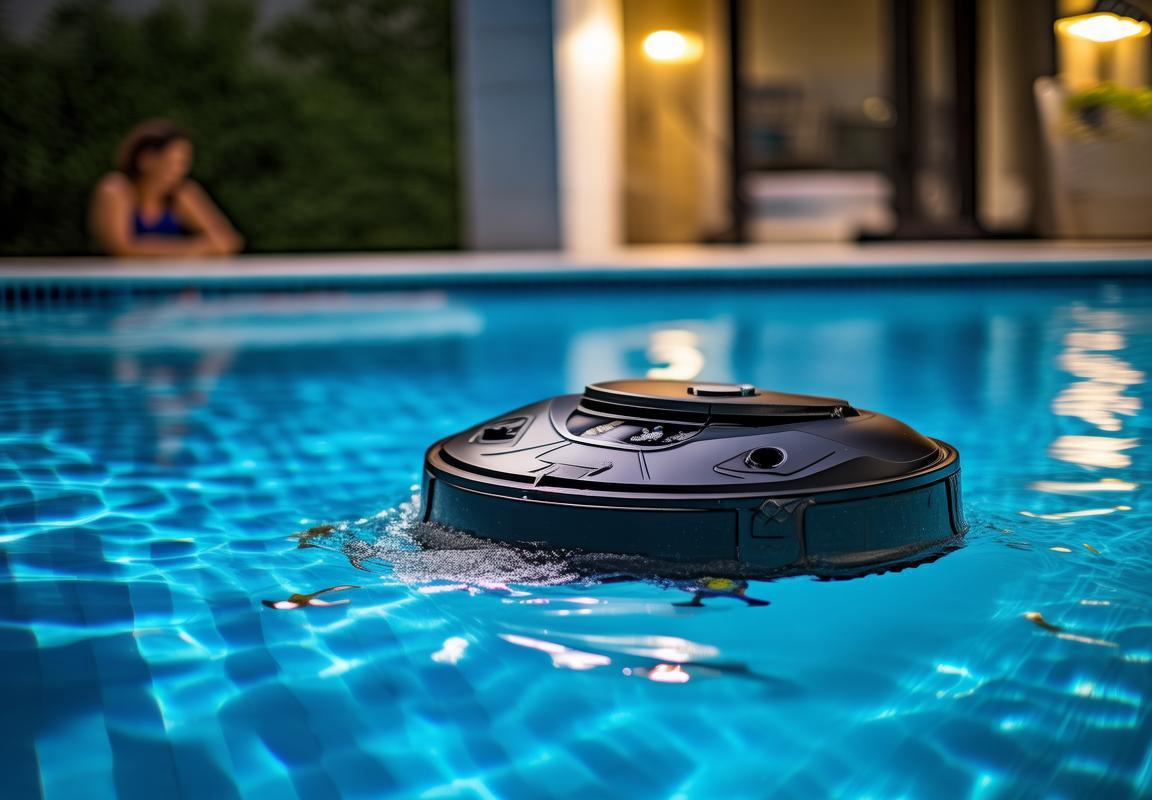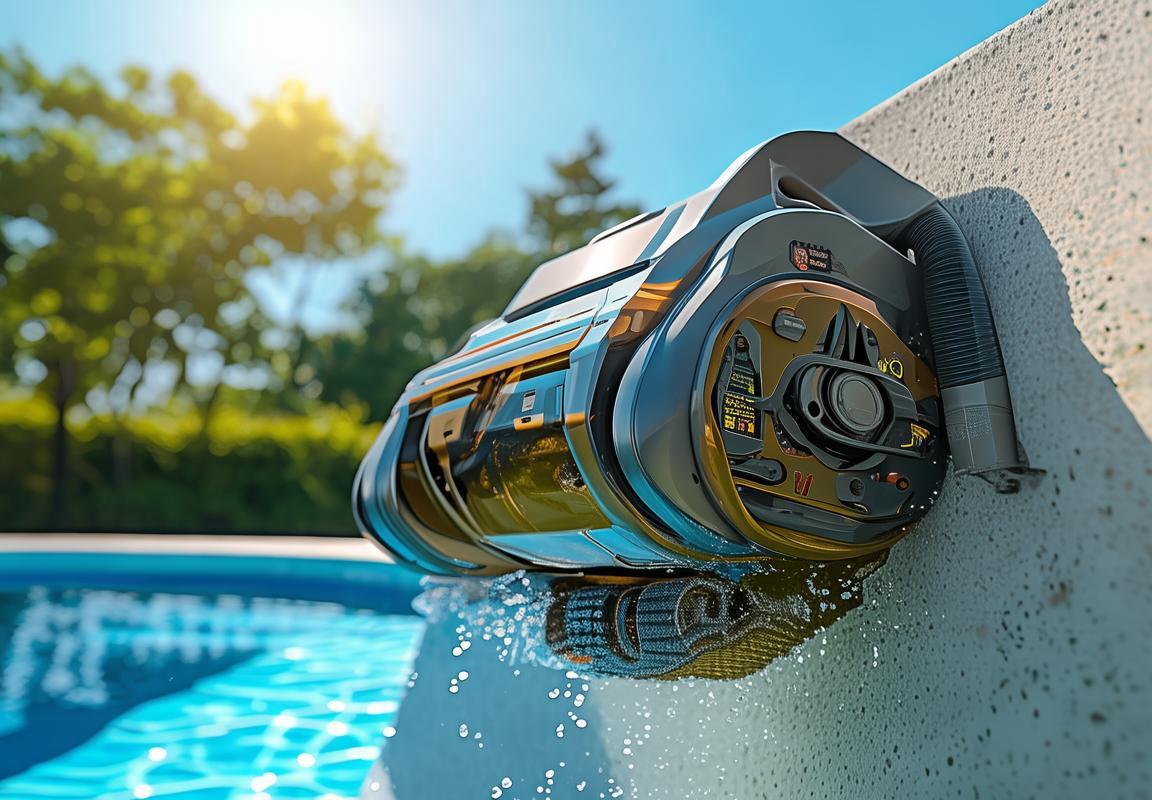Booster Pump for Pool Cleaner: Fixing a Slow or Weak SH Pool Cleaner with Proper Hose & PoolVac Setup
If your pool cleaner is moving slower than a Monday morning or leaving debris behind like breadcrumbs, the culprit is likely your booster pump for pool cleaner. This little powerhouse is essential for pressure-side cleaners like The Pool Cleaner, Polaris, or PoolVac, providing the water pressure needed to scrub and suck up dirt. Common issues? Low pressure from a clogged filter, air leaks, or a worn-out impeller. Check the pool cleaner hose for kinks, clean the pump basket, and ensure the impeller spins freely. If your cleaner barely moves, test the wall fitting’s pressure—it should sting your hand from 6 inches away. A mismatched pump (too weak or too strong) can also cause problems; refer to your cleaner’s manual for the right horsepower (e.g., ¾ HP for Polaris 280, 1 HP for Pentair Legend). If the pump whines like a teenager, it might need a seal replacement or be nearing retirement (5–7 years is its average lifespan). Quick fixes include cleaning debris or lubricating O-rings, but if repairs outweigh costs, upgrade to a reliable brand like Hayward or Jandy. Remember: a sluggish SH pool cleaner isn’t just annoying—it’s a sign your pool’s circulation is failing. Match the pump to your cleaner, maintain it regularly, and ditch the myth that “more horsepower = better cleaning.” Your pool deserves a cleaner that actually sucks—in the good way.

